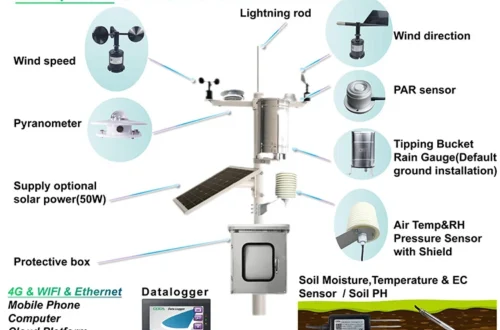Peptides for Research Applications: Synthesis and Characterization
# Peptides for Research Applications: Synthesis and Characterization
Peptides have become indispensable tools in modern scientific research, offering a wide range of applications in biochemistry, pharmacology, and molecular biology. These short chains of amino acids play crucial roles in various biological processes, making them valuable for studying protein interactions, drug development, and cellular signaling pathways.
## The Importance of Peptides in Research
Peptides serve as excellent models for understanding protein structure and function. Their relatively small size and well-defined sequences make them ideal for:
– Investigating protein-protein interactions
– Studying enzyme mechanisms
– Developing therapeutic agents
– Exploring cell signaling pathways
– Creating biomarkers for disease detection
## Peptide Synthesis Techniques
The synthesis of peptides for research purposes has evolved significantly over the years. Two primary methods dominate the field:
### 1. Solid-Phase Peptide Synthesis (SPPS)
Developed by Bruce Merrifield, SPPS revolutionized peptide synthesis. This method involves:
– Anchoring the first amino acid to a solid support
– Sequential addition of protected amino acids
– Deprotection and coupling cycles
– Final cleavage from the resin
### 2. Liquid-Phase Peptide Synthesis
While less common than SPPS, liquid-phase synthesis offers certain advantages for specific applications:
– Better control over reaction conditions
– Easier purification of intermediates
– Suitable for large-scale production
## Characterization of Synthetic Peptides
After synthesis, thorough characterization is essential to ensure peptide quality and functionality. Common analytical techniques include:
– Mass spectrometry (MS) for molecular weight determination
– High-performance liquid chromatography (HPLC) for purity assessment
– Nuclear magnetic resonance (NMR) spectroscopy for structural analysis
– Circular dichroism (CD) for secondary structure determination
## Applications in Biomedical Research
Peptides have found numerous applications in various research fields:
### 1. Drug Discovery
– Development of peptide-based therapeutics
– Creation of peptide inhibitors for enzyme targets
– Design of peptide vaccines
### 2. Diagnostic Tools
– Development of peptide-based biosensors
– Creation of specific biomarkers for disease detection
– Design of imaging probes
### 3. Basic Research
– Study of protein folding and stability
– Investigation of molecular recognition processes
– Exploration of cell signaling mechanisms
## Challenges and Future Directions
While peptides offer tremendous potential for research, several challenges remain:
– Improving synthetic methods for longer peptides
– Enhancing peptide stability in biological systems
– Developing more efficient purification techniques
– Creating novel delivery systems for therapeutic peptides
Future research directions include:
– Development of novel peptide synthesis strategies
– Exploration of peptide nanomaterials
– Integration of computational methods in peptide design
– Advancement of peptide-based drug delivery systems
As research continues to uncover new applications for peptides, their importance in scientific investigations will only grow. The combination of advanced synthesis techniques and sophisticated characterization methods ensures that peptides will remain at the forefront of biomedical research for years to come.
Keyword: peptides for research purposes


